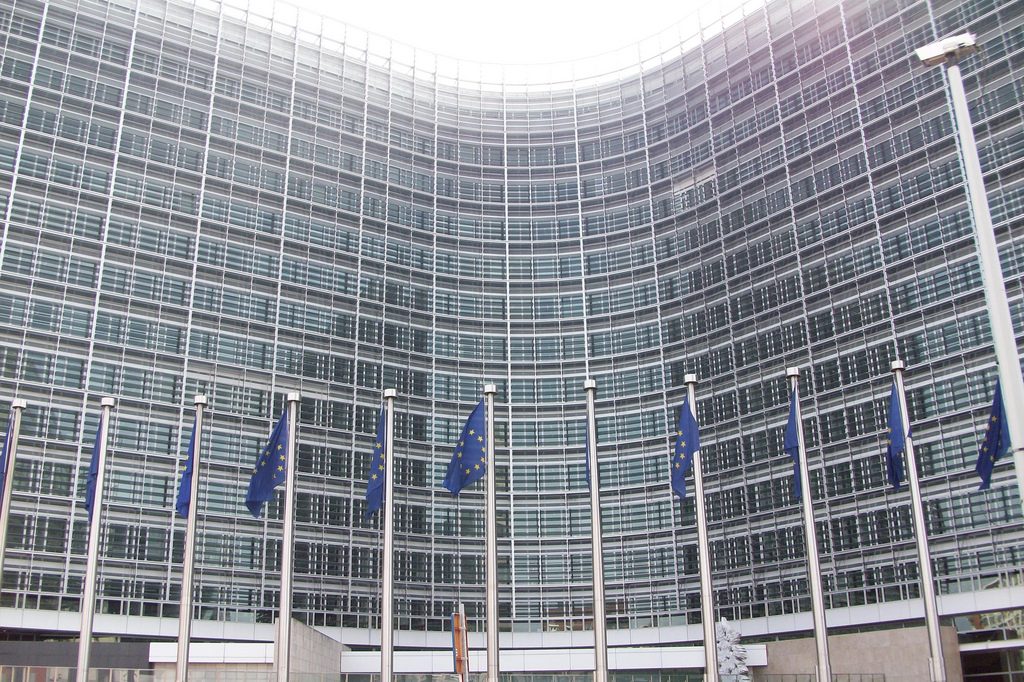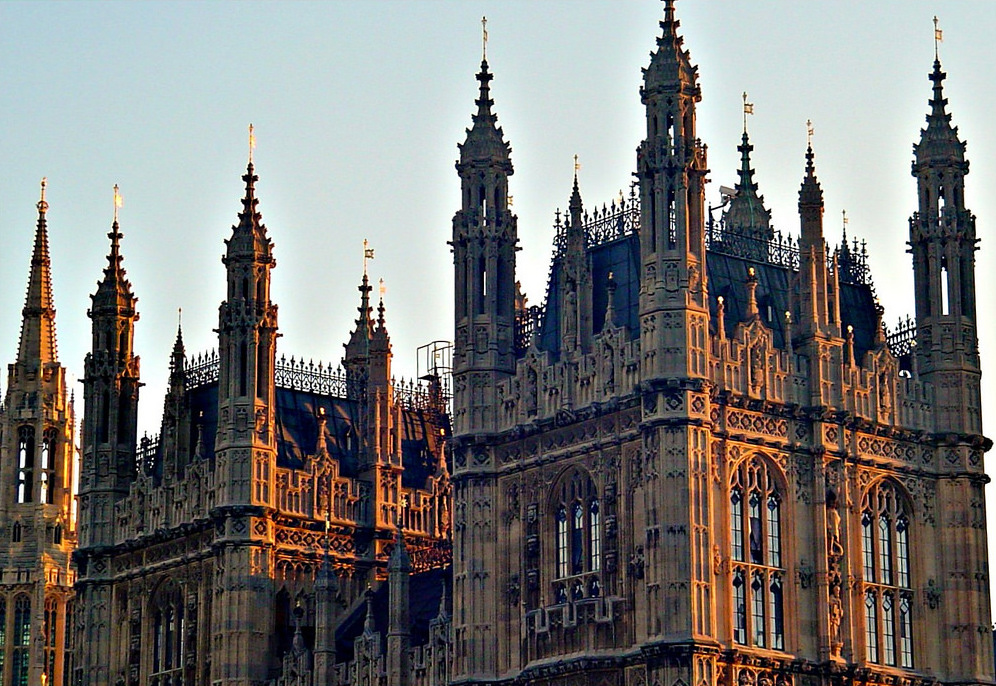Twenty-six countries have ratified the Istanbul Convention on preventing and combating violence against women and domestic violence, including Germany, France and Italy. So why is the UK dragging its feet?
Violence against women and girls (VAWG) is one of the most serious human rights issues in the UK. Every week, two women in England and Wales are killed by their current or former partner.
VAWG can violate many of the rights contained in the Human Rights Convention, from the right to life to the right to respect for private and family life, which includes the right to physical and psychological integrity. It also puts victims at risk of mental and physical health problems and can trap people in poverty.
How can the Istanbul Convention Address This?
 The Istanbul Convention is a comprehensive legal framework that sets out the minimum standards for countries to adhere to in combatting violence against women and girls.
The Istanbul Convention is a comprehensive legal framework that sets out the minimum standards for countries to adhere to in combatting violence against women and girls.
It requires governments to:
- prevent violence against women and girls, through the recognition that it’s a result of gender inequality;
- provide support and protection services to victims;
- effectively prosecute and rehabilitate perpetrators; and
- co-operate with other states to eliminate violence globally.
While the Convention has high-level obligations such as “promoting changes in social and cultural patterns of behaviour that are based on the idea of the inferiority of women or on stereotyped roles for women and men”, it also requires states to provide practical things such as 24/7 helplines.
The Convention also requires states to, among other things:
- provide ‘healthy relationships’ education;
- provide victims with access to support services, including: counselling, legal advice, financial assistance, housing, education and help finding employment;
- conduct awareness raising campaigns on a regular basis, and provide training for professionals;
- give victims the right to legal assistance and free legal aid;
- criminalise all forms of violence against women, including stalking, forced marriage, female genital mutilation, forced abortion and sterilisation, and
- ensure that unwanted verbal, non-verbal or physical conduct of a sexual nature with the purpose or effect of violating the dignity of a person is subject to criminal or other legal sanction.
Which Countries Have Ratified It?
 So far, 26 countries have ratified the Convention including France, Germany, Italy, Spain, Sweden, Denmark, Norway, Turkey, Portugal, Netherlands, Finland and Austria.
So far, 26 countries have ratified the Convention including France, Germany, Italy, Spain, Sweden, Denmark, Norway, Turkey, Portugal, Netherlands, Finland and Austria.
The UK signed the Convention in 2012, but hasn’t yet ratified it. The act of signing the treaty means that the UK cannot implement policies or commit acts that actively work against the terms of the treaty. However, until the UK ratifies the treaty, it is not required to implement its terms in full and therefore cannot be held fully accountable under international human rights law.
Is It To Do With The EU?
 Image Credit: David Kenny / Flickr
Image Credit: David Kenny / Flickr
Nope. The Council of Europe is a completely separate body to the European Union. The European Convention on Human Rights is also a Council of Europe treaty. Leaving the EU has nothing to do with the UK’s decision not to ratify the Convention.
Why Hasn’t the UK Ratified it, Then?
 Image Credit: Camelia TWU / Flickr
Image Credit: Camelia TWU / Flickr
In a report published in November 2017, the UK Government said it “will only take steps toward ratification when we are absolutely satisfied that the UK complies with all articles of the Convention”.
The report outlines progress made towards ratification and sets out the actions that need to be taken. These include the enactment of the forthcoming Domestic Abuse Bill, which will:
- establish a domestic violence and abuse commissioner;
- set out a legal definition of domestic abuse, recognising that domestic abuse extends beyond violence;
- create a consolidated new domestic abuse prevention and protection order regime to create a clearer pathway of support for victims, and
- give the UK the ability to prosecute certain offences that occur outside national borders in relation to some VAWG offences, such as rape of an over 18 and sexual assault.
The report also sets out non-legislative work to support the Bill, including “driving culture change, improvement to support and recovery services and to victims’ experience of the justice and courts system, reduction in reoffending and by driving consistency in the response of all agencies to domestic abuse.”
So What Now?
The IC Change campaign for the UK to ratify the Convention said that the Government’s report falls short and that critical details are still missing: “It is these details that have held up ratification of this life-saving law for women for over five years.”
Women’s Aid and Scottish Women’s Aid have also called for ratification.
The UK Government’s Domestic Abuse Bill will be introduced to Parliament sometime before 2019, after in-depth consultation and potentially legal changes in Scotland and Northern Ireland.
You can read about how to put pressure on your elected representatives to fully scrutinise and implement this important legislation here.






